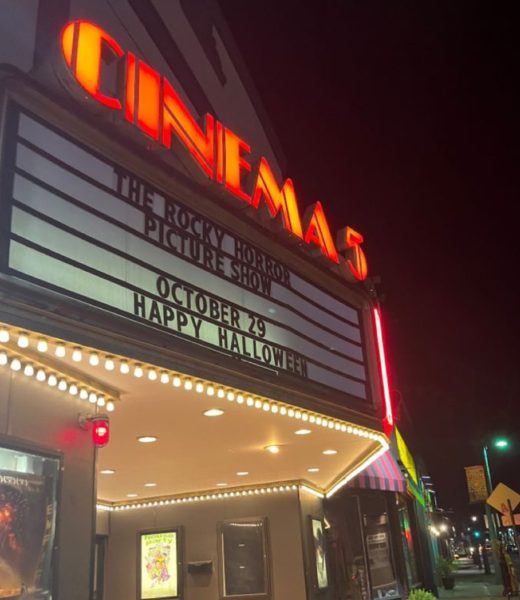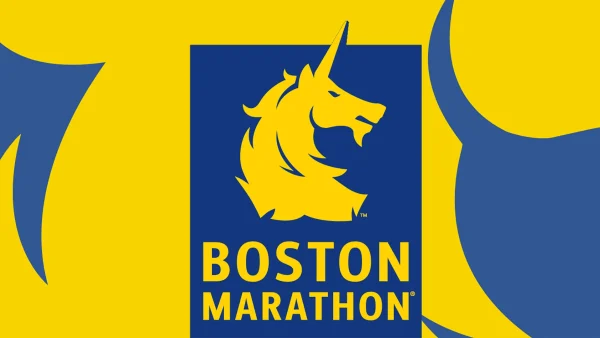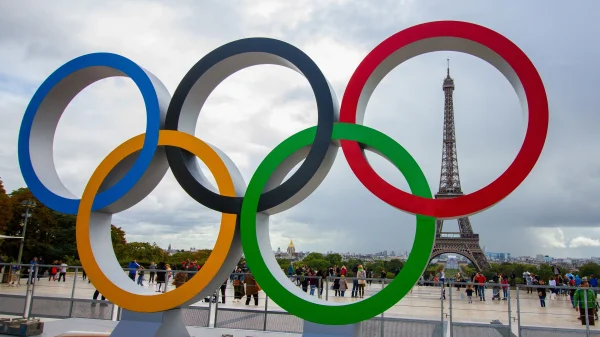FREE YOUR SPEECH & THE REST WILL FOLLOW
Before you read me, you gotta learn how to see me.
In regard to Charlie Hedbo, what I’d like to say is –
Well, wait, no.
See, what I’d really like to say is –
Ah, wait. I can’t.
Begin with Charlie Hedbo, French magazine with a questionable definition of “satire.” Edgy (READ: vulgar) depictions of the Prophet Muhammad spur local Islamic extremists to move to the unthinkable and squelch the lives of eleven employees, including the editor in chief. In your mind, secure the aching reality of their deaths: bullets through the lungs, the spines, the faces, journalists and police officers rendered unrecognizable from the nature of their wounds. It is the crime of the century for France, the largest act of terrorism in their nation since 1961.
Now it’s time, of course, that the world has a conversation.
According to Gene Policinski, CEO of the Newseum Institute and Senior Vice President of the First Amendment Center, “[Je Suis Charlie has] really reminded people in America about the First Amendment… The legacy of the deaths may well be this amazing world discussion now about free speech.”
It is surely the great privilege of some 316 million people, particularly the outspoken, to live in the United States, a country that secures the right to freedom of speech in the first amendment of its constitution. Although it makes no move to define “freedom of speech” for its readers and interpreters, the first amendment’s intentions somehow remain quite clear – it exists, in its succinct nature, in the interest of protecting the political nature of the mind and the mouth, even and especially when the nation is disinclined to.
This is why, of course, we can so frequently be found urinating on its legacy.
I used to be of the eye-rolling ilk that had a good chuckle and an affirmation to my sense of supremacy when a classmate would puff their chest, unleash a Confederate flag, and roar to the heavens in the name of free speech – often, it seemed, when they had the sense that their expression of religion in the public school system was being muffled.
Often, they were correct.
The United States often does little to nurture free expression. The inclination to stifle it comes from both the left and right wings, both coveting their own special interests, both especially anxious to dig their hands into the malleable public school system.
In truth, it is the same fierce spirit that compels the so-called liberal to attempt, say, a ban on prayer in the classroom that could compel a school system to fire a teacher for displaying too much lenience in the name of political speech and expression.
We all, prancing on that free, free turf of America, want to exploit the system, we all want to holler FREE SPEECH FREE SPEECH FREE SPEECH as we clamp our dirty hands over the voices of opposing ideologies. There seems to be a fear, not necessarily of offending, but of being offended. Has the nation become mealy-mouthed?
In accordance with many of the nation’s most avid free speech supporters, journalist and self-proclaimed “religious liberty advocate” Charles Haynes phrased it thusly: “As of ‘offensive speech,’ the answer to speech we don’t like is more speech, not government censorship. I fully support the right of people to offend others, even as I applaud people who chose not to do so.”
Perhaps we can never speak honestly and without tremulousness.
Perhaps we should all start staging coups.
Or, perhaps, we should flex the force of our deepest opinions and learn to speak – and to support the right of others to do so, even as we vehemently disagree.









